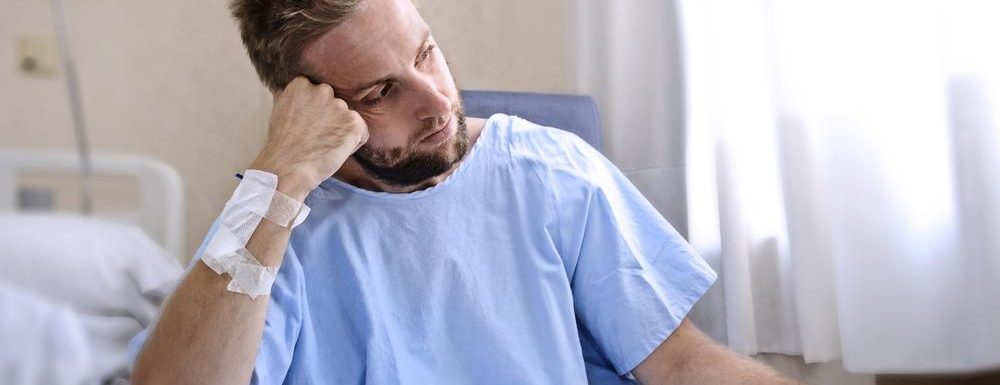A vehicle accident can be much more horrifying in real life than the way it plays out in the movies. Being involved in an accident can be an extremely traumatizing event. If you want to be prepared for how to heal after a vehicle accident, here are some tips.
The potential repercussions of such an accident not just to your health but to other aspects of your personal life means knowing what to do in such a situation might save you a lot of hassle.
Vehicle accidents can be extremely stressful not only because of the stress they bring when it comes to recovery, such as therapy and treatment, but because of the emotional and financial impact as well. Totally “healing” after a vehicle accident isn’t just about physically healing, but also making sure your mental and emotional state are managed properly. Healing is also related to being properly compensated for the accident, if needed.
Considering this, it may be helpful to consult other professionals such as therapists and lawyers to ensure all bases aside from your physical body are covered.
Physical: Your Medication and Treatment
When “healing” is talked about, people may more or less think about treating the body. This is a good visualisation, as proper recovery does involve proper intake of medication and observance of treatment methods. Here are some tips for when you’re physically healing your body after an accident.
- Consult a physician or a therapist when you have questions or doubts about the treatment methods used. They may be able to explain the relevance of the methods, and the amount of time it may take for you to completely heal. The time element can be frustrating at first, but remember, it’s better to take time to get better than to take time healing another injury because you overexerted.
- When you learn more about the methods you should use, try your best to follow these methods. This is because chances are the methods you’re undertaking are tailored to your particular situation. If you have other goals in mind, such as getting back to work faster, or getting a particular part of your life resolved, consult with your physician to see whether there’s some alteration to the medication or therapy that can be made.

- If the above isn’t possible, and you have urgent matters to accomplish that your body won’t allow, perhaps it will be helpful to ask for help from the people around you to get those urgent tasks sorted. You may even ask for assistance in the therapy process yourself, especially if you need someone to record and observe your progress.
Psychological: Your Emotions and Mental Health Matter
When the term “healing” is used in conjunction with an accident, a lot of it has to do with making sure the body’s condition is restored to normal. While this is of course a priority, it’s important to remember that a person’s emotional and mental well being are just as important in the healing process as well.

Make sure your mind and heart are in tune with the treatment method. Should you be involved in a vehicle accident, it’s understandable that it will take a toll on your emotional and mental health, and these shouldn’t be ignored.
- Try to assess the impact the incident has had on your emotions and your mental well being. How do you perceive the world after the incident? Have you started to develop fear of cars of roads? How do you think this accident has affected you as an individual? Trying to assess this can help you determine whether or not you need someone to talk to about the situation.
- Should you feel as though you’re in need of professional assistance, don’t hesitate to choose a psychiatrist or a therapist about your situation. Their guidance and training can help you find ways to get through the experience of a vehicle accident better, especially if you’ve experienced some sort of trauma after the incident. If a psychiatrist might be too much to think about, perhaps a support group can help.
External: Your Finances and Legal Considerations
Aside from your physical and mental health, part of the main stressors that can hinder your treatment worrying about bills, insurance, and the legalities of the situation.
- Studies have shown that external stress from traumatic events such as accidents, abuse, or a death in the family, increase chances of long term cardiovascular disease in individuals. According to Sheldon Cohen, PhD and his peers in a 2007 paper published by the American Medical Association, stress can also be a cause for depression on top of the heart health risk.
- In the event of an accident, or prior to an accident, make sure you have protocols in place, especially in terms of insurance. In the occurrence of an accident, try to make sure your insurance providers are immediately informed of the situation, and take into account the kind of information you have to provide them.
- Similarly, if you have inquiries as to whether or not you should file a lawsuit against others involved in the vehicle accident, consult a lawyer on the matter, especially if there’s a good reason for you to file a case, such as compensation.
The key tips above on how to heal after a vehicle accident might seem a bit basic at first, but these “simple” tips can be combined with your therapy and other treatments in order to potentially boost the entire recovery process. These tips, coupled with the advice of a physician, can help you heal better. Should there be a need to explore other aspects of “healing,” such as being compensated on the vehicle accident, click here for more information.

Leave a Reply